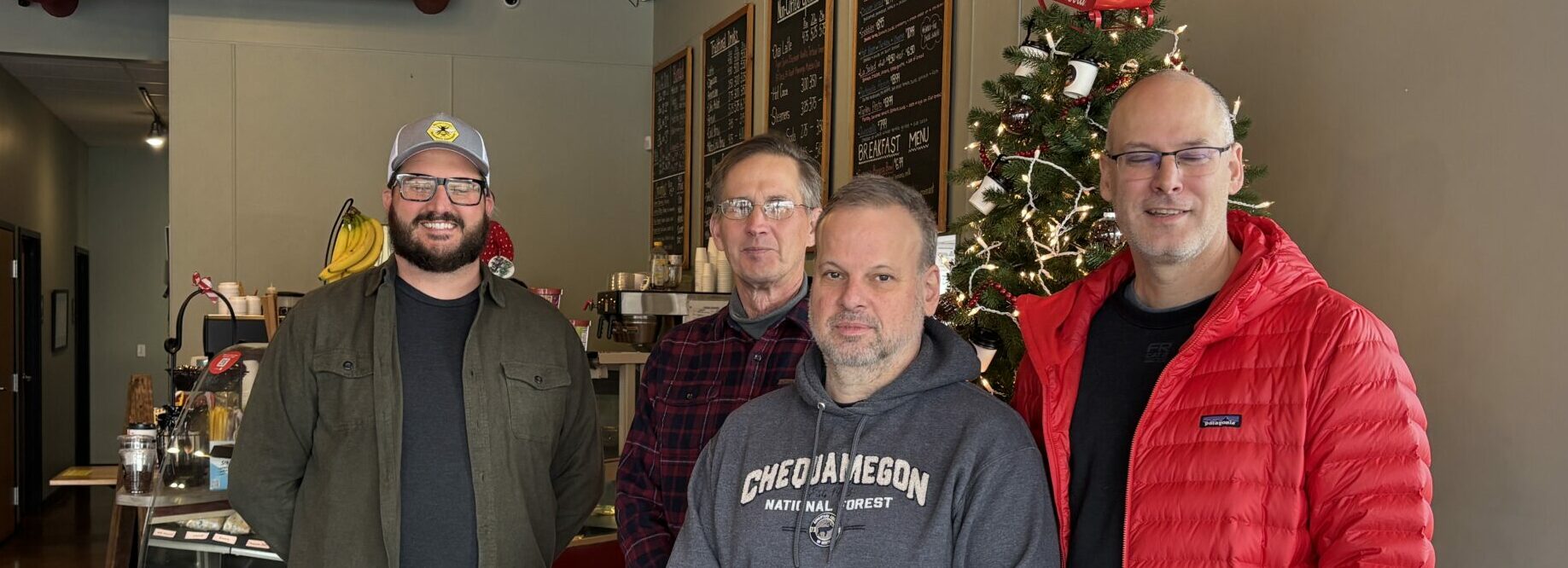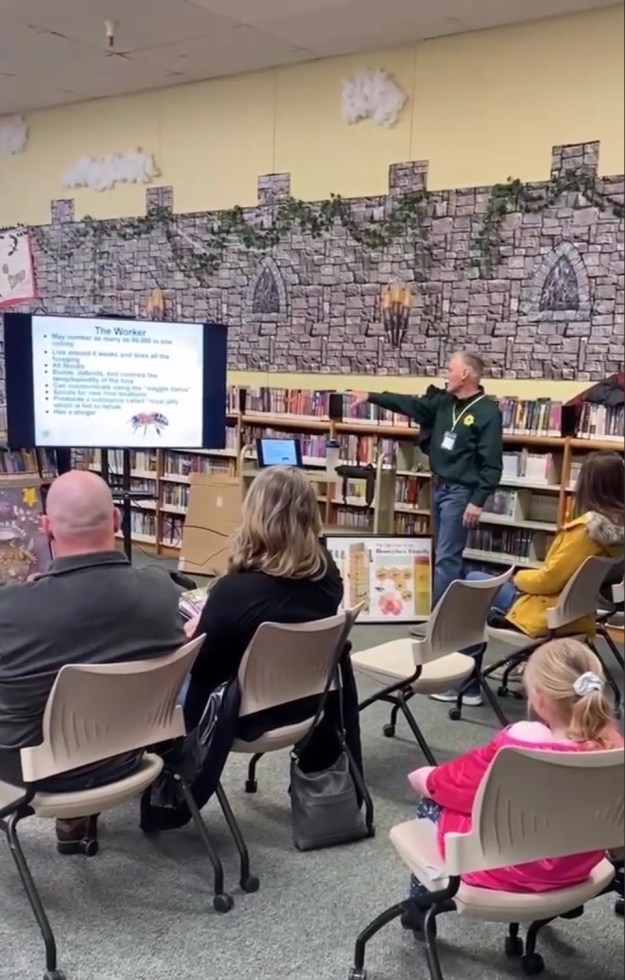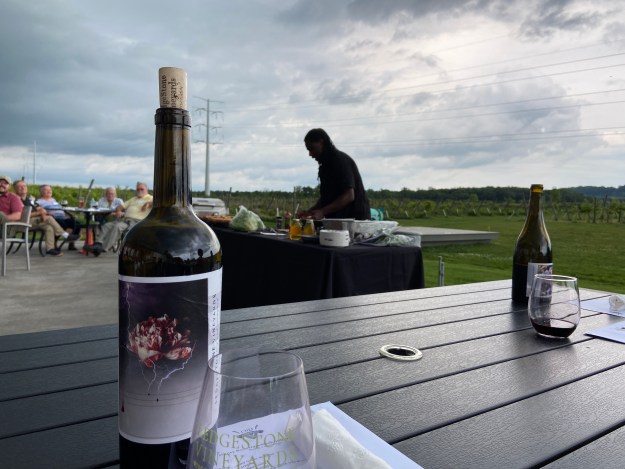Alcohol Wash
Supplies needed: Rubbing alcohol, mite jar, collection tub, ½ cup measure. Note: there are devices made specifically for this test. Here is one example from Let It Bee in Greenville WI.
- Prepare testing jar with ½ cup rubbing alcohol
- Select a frame with open and capped brood with many nurse bees – Make sure the
QUEEN is NOT on the frame - Shake frame over tub to collect a ½ cup sample (about 300 bees) add to testing jar cap
and shake 20 secs then 20 secs more - Once settled raise up test jar and count mites on the bottom of the jar
Advantages: accurate mite count each time, quick and easy
Disadvantages: loss of approximately 300 bees, alcohol is flammable – keep away from
smoker
Powdered Sugar Roll
Supplies needed: Powdered sugar, jar with screened lid (#8 hardware cloth), white collection tub or white disposable plate, ½ cup measure, spray bottle with water
- Select a frame with open and capped brood with many nurse bees – Make sure the
QUEEN is NOT on the frame - Shake frame over tub and collect a ½ cup sample (about 300 bees)
- Add the 1/2 cup of bees to the testing jar and screw the cap on
- Add powdered sugar – 2 Tablespoons
- Roll the jar to cover bees in sugar and let sit in the shade for 2 FULL MINUTES – this step is VERY important
- After 2 minutes, roll the jar again and then shake the jar upside down into the collection bin for 1 full minute. Mites will drop into the collection bin and the bees will stay in the jar.
- Remove the jar lid and pour the bees back into the hive.
- Spray the collection bin with water. The powdered sugar becomes translucent making it possible to count the mites.
Advantages: Bees are kept alive and can be returned for clean-up back in the hive.
Disadvantages: This method is more time intensive than the alcohol wash and not as
accurate due to variables including nectar on the frame and excessive humidity which has a tendency to clump the powdered sugar. When clumped the powered sugar does not remove as many mites.





























































